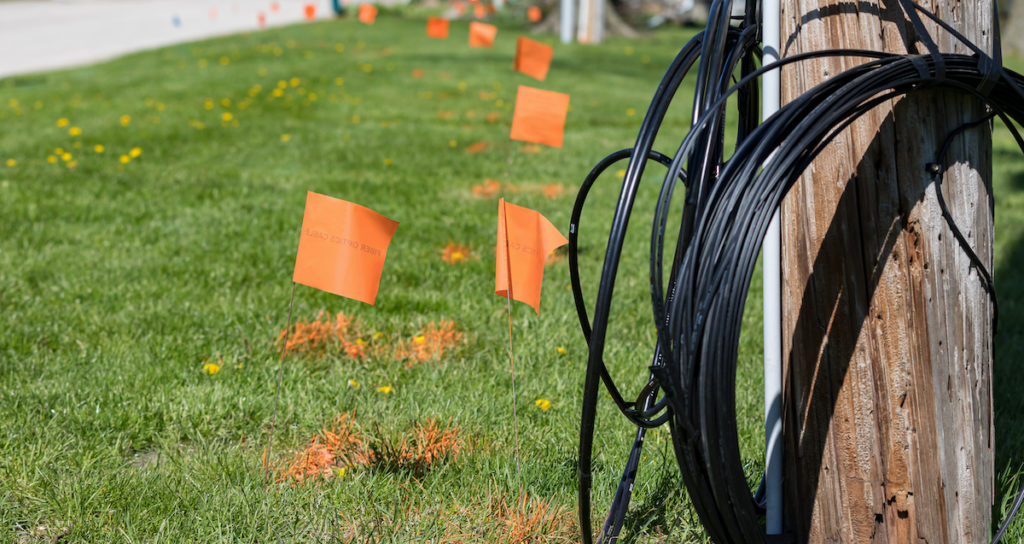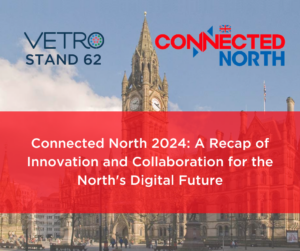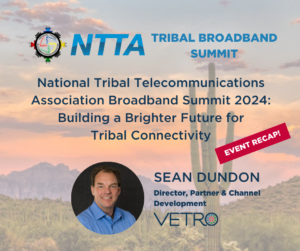At BBC, Broadband Opportunities Abound
The telecom industry is having a moment. After years of discussion and debate about the digital divide, and about how fast quality broadband should be, about FCC broadband maps and a lot more, broadband infrastructure is all the rage. The Covid19 pandemic has shed light on the impact of the internet on health, on employment, and on day to day life. And the government has responded with billions in funding.
A moment indeed. But one towards which we have been working for years. And it’s finally here.

Collaboration is The Key
For some communities and companies that have been actively working on broadband project planning and initiatives, their decisions have been validated. Many others, however, are less prepared and may be unsure about how to transform this moment into opportunity.
At the BBC Summit in October, what became clear in our conversations and from listening to the panels and speakers is that building great broadband access requires a collaborative approach. It requires groundwork to collect and prepare data. It requires open conversation and community input and alignment. It requires creativity and exploration of various business models to determine the best path forward. Operators from incumbents to start ups should be part of the conversation, as should engineers, designers, software providers and more.

Four Steps to Plan for the 'Lit Village' of the Future
It was strikingly clear that it will take a metaphorical village to connect the actual villages, towns, cities and communities that are either unserved or underserved. For those who are moving their projects forward, congratulations. For the rest of us – let’s get busy. Here are four things you can do now to kickstart the process of submitting grants for funding and starting to plan your project.
Contact your State Broadband office. They have been thinking about broadband infrastructure for years. And as Peggy Schaffer from ConnectMaine said in one of the BBC Summit panel sessions, “We are moving from a mentality of scarcity to a mentality of abundance.” Your State office can help – even if they are slightly short staffed.
Create a community group of your local government leaders, your libraries, your hospitals and healthcare providers, your schools, and your businesses. Start discussing and answering questions like: What does broadband mean to your area, and What do we want it to look like? Engage your community. Build alignment. Build consensus.
Talk to your incumbent providers, if any, and understand their needs and business models. They will likely play a part in your plan and solution either overall, as your last mile provider, or simply as an operator for your community.
Collect and organize your data and information. Your State office may have reports, records and data sets. To get other needed data, you may need to source it independently or partner with someone to collect it. Speed data, locations, and maps showing population and service location information for your community are central to what and how you plan.
About VETRO
VETRO attended, exhibited, and spoke with many members of the broadband operator community at the BBC Summit in Houston at the end of September 2021. This blog post is a summary of our observations from the show. VETRO is a fiber asset management and mapping software provider. Our tools give ISPs, cooperatives, engineering firms, broadband consultants, and state and local Broadband offices a single source of truth, a central repository for your network information to help you plan, design, build, and operate your fiber network.


